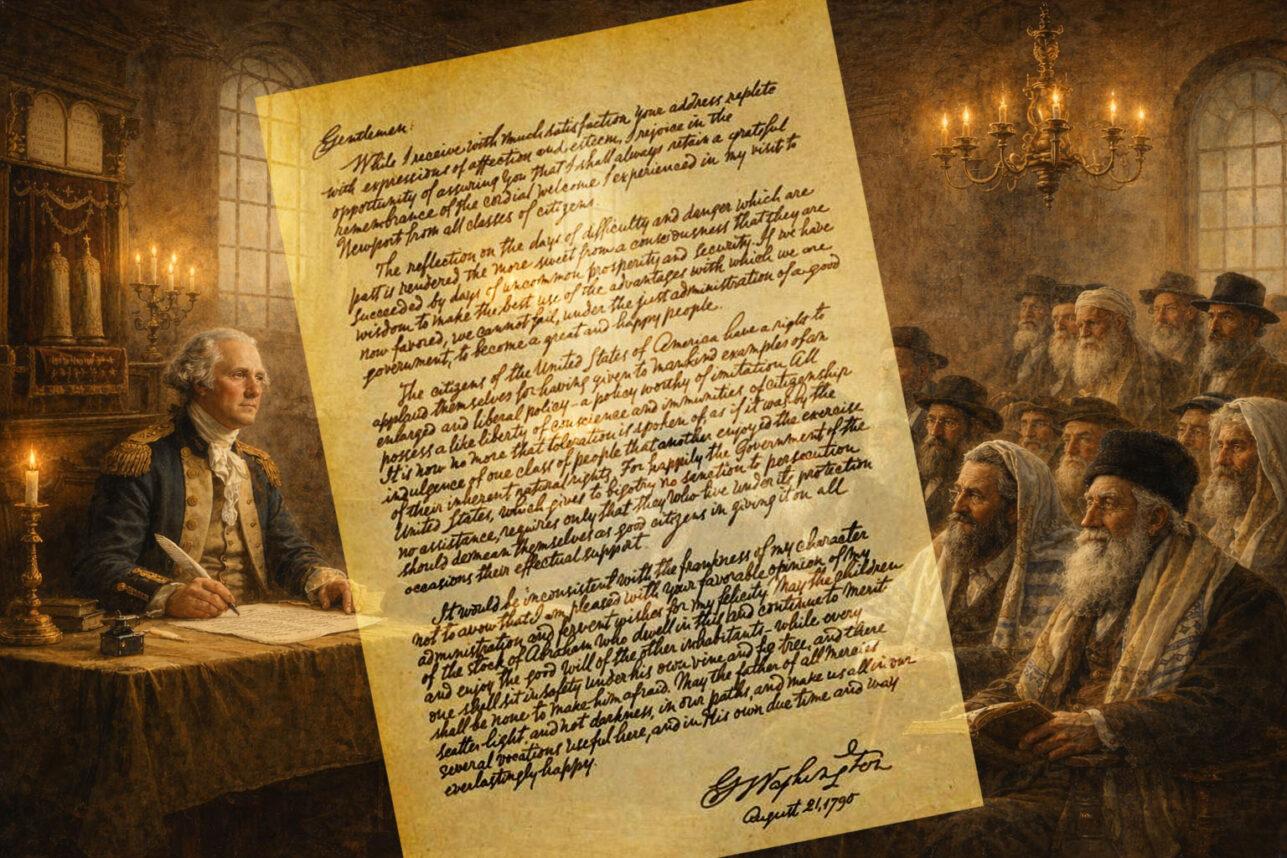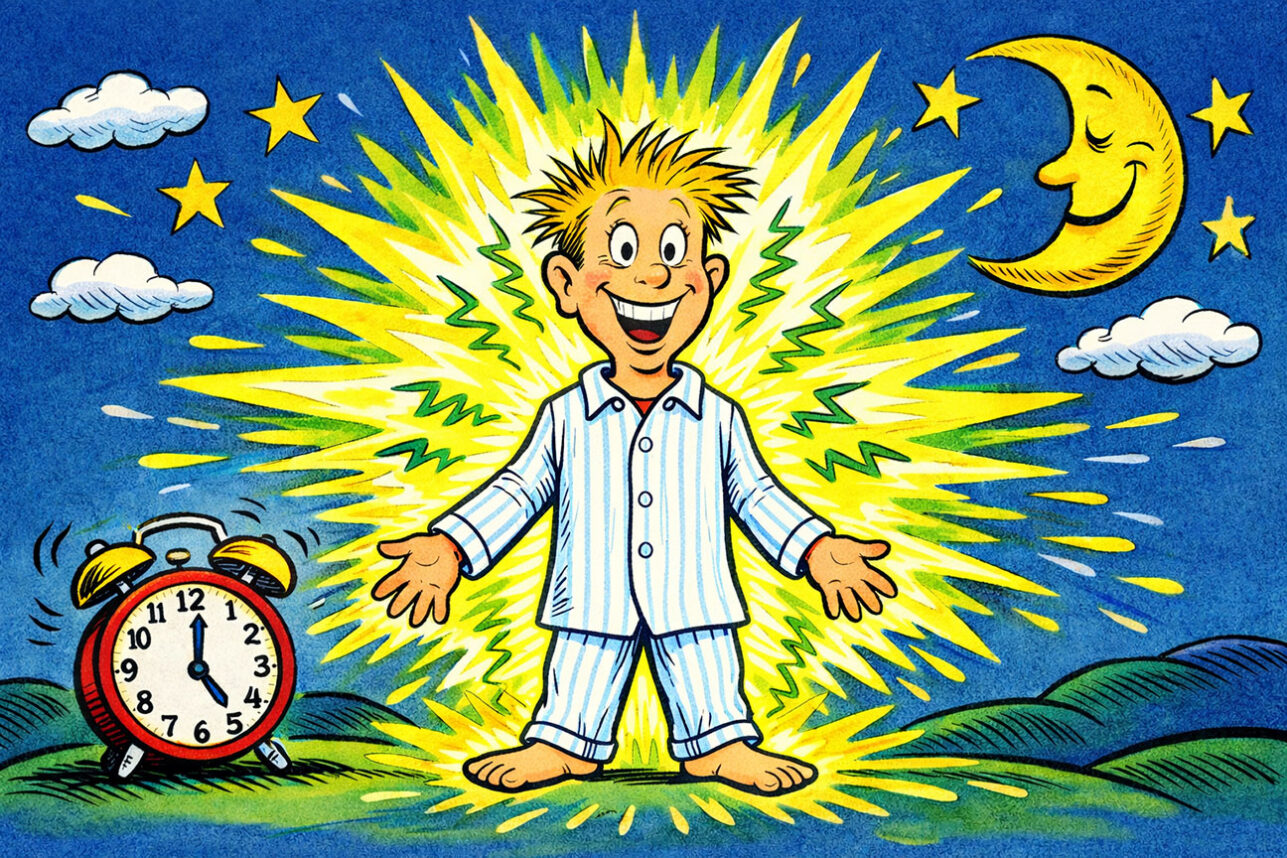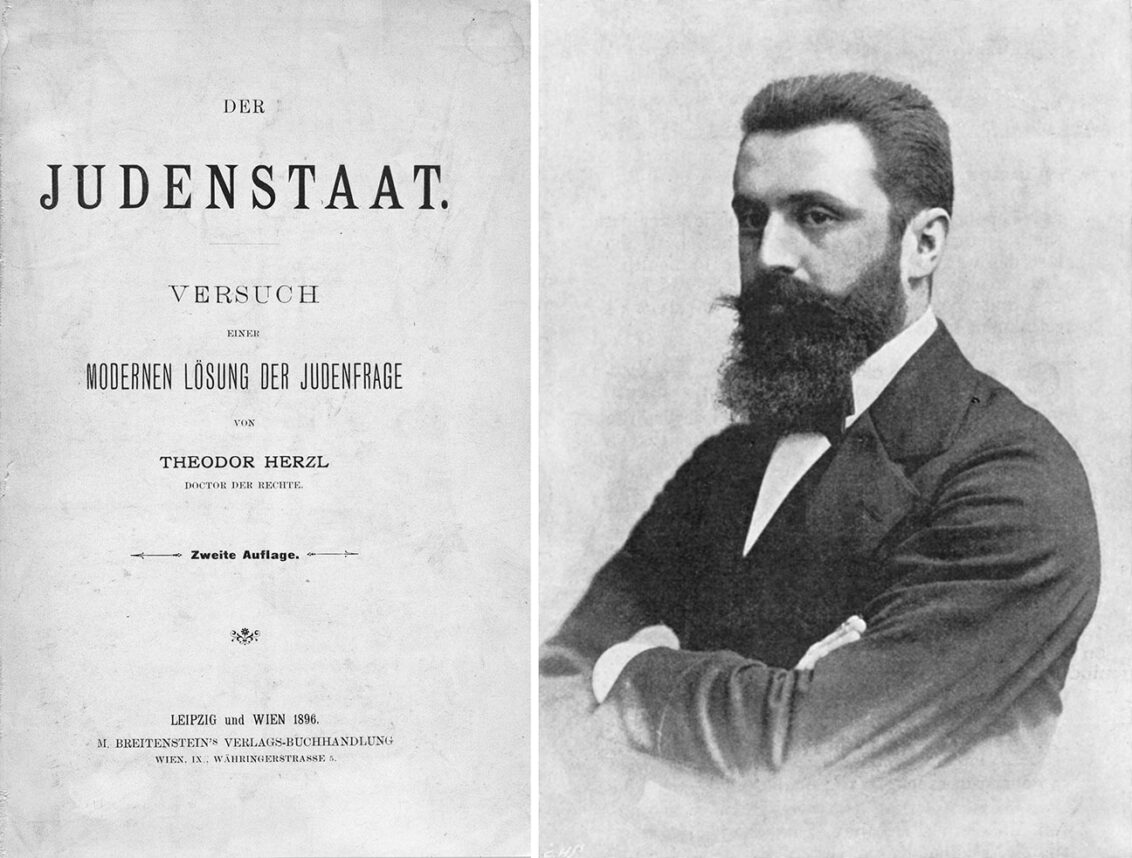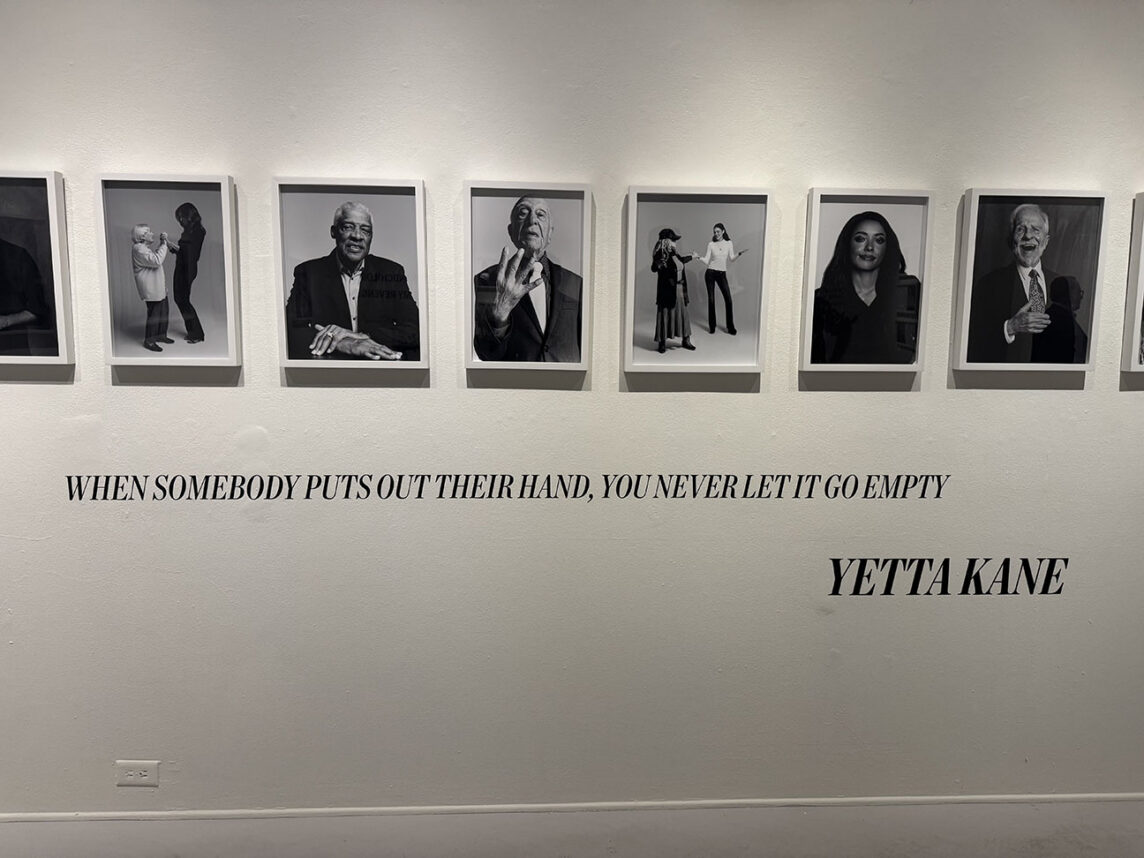In addition to the traditional family and feel-good holiday films, this season offers a small selection of unexpectedly provocative productions.
Among the latter is the documentary “West of Memphis,” which follows an attempt to exonerate three men convicted as teenagers of the 1993 murders of three 8-year-old boys in the rural town of West Memphis, Ark. The three convicts — known as the WM3 — served 18 years in prison, with one of them, Damien Echols, on death row. Two years after his conviction, Echols met Lorri Davis, who began a campaign to prove that he and the other two convicted young men were innocent. A few years later, Echols and Davis married.
Producers Fran Walsh and Peter Jackson got involved in the case in 2005 and began helping the defense team with funds and with the investigation of new evidence, including DNA discoveries, alleged juror misconduct and various other anomalies. When the new exculpatory evidence, which was supported by many noted experts, was presented to the original judge, he dismissed it all.
About five years ago, Walsh and Jackson contacted filmmaker Amy Berg, hoping to spark her interest in making a documentary probing the case, the original police investigation and the new findings, in order to argue for the innocence of the WM3.
Berg recalled that her interest was aroused, but she did not commit to the project until she was sure the three were innocent.
“It took about six months of research,” she said, “reading the case files, watching the trial in its entirety, looking at new evidence and speaking to Damien directly. At that point, I knew I had to make this film, as it would likely change the fate of his life.”
Berg pondered the reasons for the whole community’s rush to judgment.
“It happens everywhere, unfortunately. We are a capitalistic society with the goal of winning. The justice system is set up for this by allowing judges and prosecutors to get elected, instead of selected. They have to appease their voters, and there is often a debt to pay in this regard.
“I think there is also the fact that Arkansas and, more specifically, West Memphis, Ark., is set up as a police state in many ways. The town is full of informants, and people often don’t trust their neighbors.”
At a certain point in the defense investigation, suspicion fell on Terry Hobbs, the stepfather of one of the murder victims, who had abused the child and had reportedly confessed his guilt to his own brother. Berg interviewed Hobbs and said that he trivialized everything and was given to laughing inappropriately.
“He seemed to have come from a very broken home, and his morals seemed out of check.
He never mentions his stepson, Stevie, by name. He was forthcoming initially and then asked if I knew anyone who could help him get a book deal.”
The story has a hopeful outcome, and Berg feels her film shows that people often have to go outside the system to find justice. She said she has always fought for the underdog, that she grew up questioning things, and that these inclinations help guide her work.
“I feel that being a Jew and a woman helps me to ask the right questions. Like many, I grew up with the belief that the justice system actually works. But it’s fallible, just like humans. We have to come to a place where we can admit when we make an error and take responsibility for our mistakes. The officials in this story have acted as if they are above error, when so much human life has suffered at great consequence.”
“West of Memphis” opens Dec. 25.

Bill Murray in “Hyde Park on Hudson.”
A crucial event influencing American involvement in World War II is the subject of “Hyde Park on Hudson,” which depicts the weekend visit by the king and queen of England (Samuel West and Olivia Colman) to the Hyde Park home of President Franklin Delano Roosevelt (Bill Murray) in June 1939. It was the first time a British monarch had ever visited the United States. England was on the brink of war with Germany, and the royal family felt it was vital to have American support.
FDR was inclined to do all he could, short of declaring war, to oppose Hitler, against the wishes of most members of his party.
In the press notes, screenwriter Richard Nelson states, “Much of America needed convincing; the mood of the country was to stay out of another European war. Add to this an historical (and understandable) American reticence toward British royalty and all things royal, exacerbated by the recent royal abdication of Edward VIII, forced by his wish to marry not only a divorced woman (Wallis Simpson) but also, ‘Heaven forbid,’ as it was perceived by us, ‘an American, of all things.’ The inexperienced and accidental King George VI, or Bertie, needed to show America that he admired our country and its people, and respected us as equals. That was his mission. And Franklin Roosevelt gave him just such an opportunity — by serving him a hot dog!”
According to Nelson, the action is presented from the viewpoint of Roosevelt’s neighbor, Margaret “Daisy” Suckley, a distant cousin and close companion to the president. The screenwriter indicates that his script assumes Suckley and Roosevelt had an intimate relationship, an assumption he bases on letters to and from Roosevelt found under Suckley’s bed after her death at nearly 100 years old.
Nelson writes, “The two stories — the affair with Daisy and the weekend with the King and Queen — are at the center of our tale. As I worked on the script, the two stories became intertwined, each commenting upon the other; a woman painfully learns the truth behind the world-famous image of her lover, while a king learns to hide his insecurity and project courage.
“Finally,” Nelson adds, “ ‘Hyde Park on Hudson’ is also a personal story. I have lived in Rhinebeck, Daisy’s hometown, for over 30 years and raised a family here. Although this is a story with ramifications across the globe, dealing with great historical figures, it is also about a woman from my village, a woman I once saw on her sofa, who, for a time, had a chance to see the world — the public and the private — through her own innocent eyes.”
“Hyde Park on Hudson” opens Dec. 7.

Seth Rogen and Barbra Streisand in “The Guilt Trip.”Photo by Sam Emerson
We now turn to some amusing family fare. “The Guilt Trip,” starring Barbra Streisand and Seth Rogen as a mother and son on a road trip, is based on a real trip screenwriter Dan Fogelman took with his own now-deceased mother some years ago. “The movie’s theme is, basically, when you discover that your parent isn’t just a parent, but actually is a human being who had a life before you — and the point that a parent realizes her child is actually a grown-up, and you have to let them go a little bit,” Fogelman said in a Journal interview last year.
“The Guilt Trip” opens Dec. 19.

Billy Crystal and Bette Midler in “Parental Guidance.”
In the comedy “Parental Guidance,” baseball sportscaster Artie Decker (Billy Crystal) is fired from his job for not being up-to-speed with the lifestyle of the younger generation. When their daughter, Alice (Marisa Tomei), asks them to take care of her three children while she joins her husband, Phil (Tom Everett Scott), on a business trip, Artie’s wife, Diane (Bette Midler), persuades him to agree. Once Artie and Diane arrive at their daughter’s home, they experience a form of culture shock, as the latter’s ultramodern method of raising her children is completely foreign to them.
Director Andy Fickman said he got involved in the project after having lunch with Crystal, who had developed the film based on an incident that had actually happened to him. The director added that he also relates to the story.
“I’m a father of a 15-year-old, and, certainly, having my mom in our lives, you can see what generational experiences are like between how our parents raised us and how we raise our children. So I felt it was also just a very universal theme. Everybody to whom I spoke, at some point had some story to tell me about what it was like when the grandparents came to visit.”
Fickman has been highly successful as a producer and director of comedies and family films. He believes his ethnic heritage has contributed to his facility for comedy.
“I was raised as a Conservative Jew,” he said, “and we were a very observant family. Judaism certainly has been a fertile breeding ground for comedy. I think my comedic sense of humor from an early age definitely was established in my Jewish household.”
“Parental Guidance” opens Dec. 25.

From left: Iris Apatow, Maude Apatow, Paul Rudd and Leslie Mann in “This Is 40.”
Judd Apatow, another Jewish director of comedies, offers up a sequel to his 2007 hit movie, “Knocked Up,” this one titled “This Is 40.” It focuses on the ups and downs in the marriage of Pete (Paul Rudd) and Debbie (played by Apatow’s wife, Leslie Mann), who were supporting characters in the original story and are now having financial problems and depending on income from Debbie’s clothing store. Apatow’s daughters, Maude and Iris, who also appear, are repeating their “Knocked Up” roles.
“This Is 40” opens Dec. 21.

From left: Billy Connolly, Maggie Smith, Tom Courtenay and Pauline Collins in “Quartet.”
Finally, the award-winning actor Dustin Hoffman makes his screen directorial debut with the British film “Quartet,” based on the play by Ronald Harwood.
The action is set in Beecham House, a retirement home for musicians. A gala is being planned to celebrate the birthday of 19th century composer Giuseppe Verdi, with the hope of raising enough money from ticket sales to keep the residence going. The tenants are also awaiting the arrival of a new guest, who is rumored to be a star. Reginald Paget (Tom Courtenay), Wilfred Bond (Billy Connolly) and Cissy Robson (Pauline Collins) are stunned when they learn that the new arrival is Jean Horton (Maggie Smith), who sang the quartet “Bella Figlia Dell’Amore” from the opera “Rigoletto” with them in their heyday. It seems Jean and Reginald were briefly married, but she cheated one night and was more concerned with success than with her husband or her friends. Jean’s arrival is particularly upsetting to Reginald, who is secretly still in love with her. When the four are asked to reprise their quartet for the gala, Jean resists at first, insecure about her ability to carry it off at this stage of her life.
In addition to helping make opera accessible to mainstream audiences, the film touches on such themes as the life of an artist, the demands of a musical career and the vicissitudes of aging.
Hoffman is quoted in the press material as saying that the film is “about people in their ‘third act’ who still have so much to give.”
Writer Harwood is quoted as adding, “It’s about surviving, and surviving with dignity. Old age can demean people, and I hope in this film it doesn’t.”
“Quartet” opens Dec. 28.
































